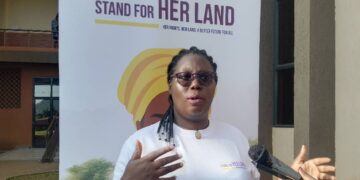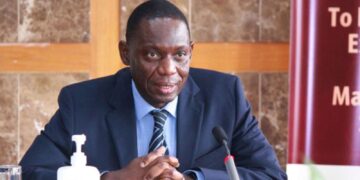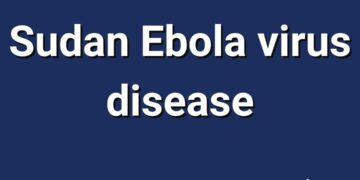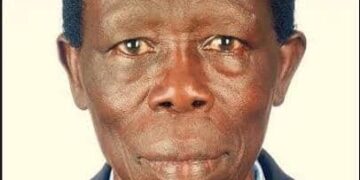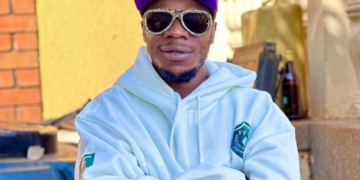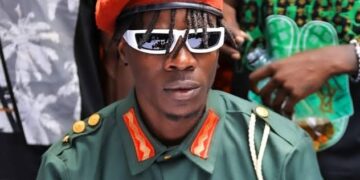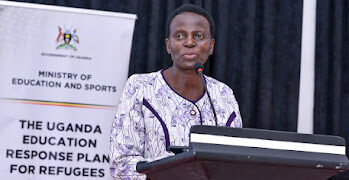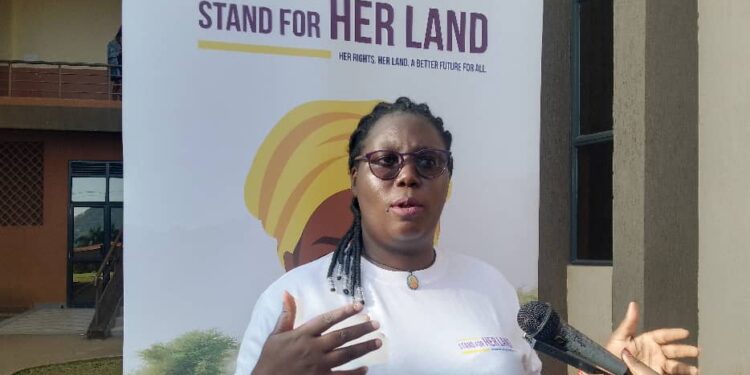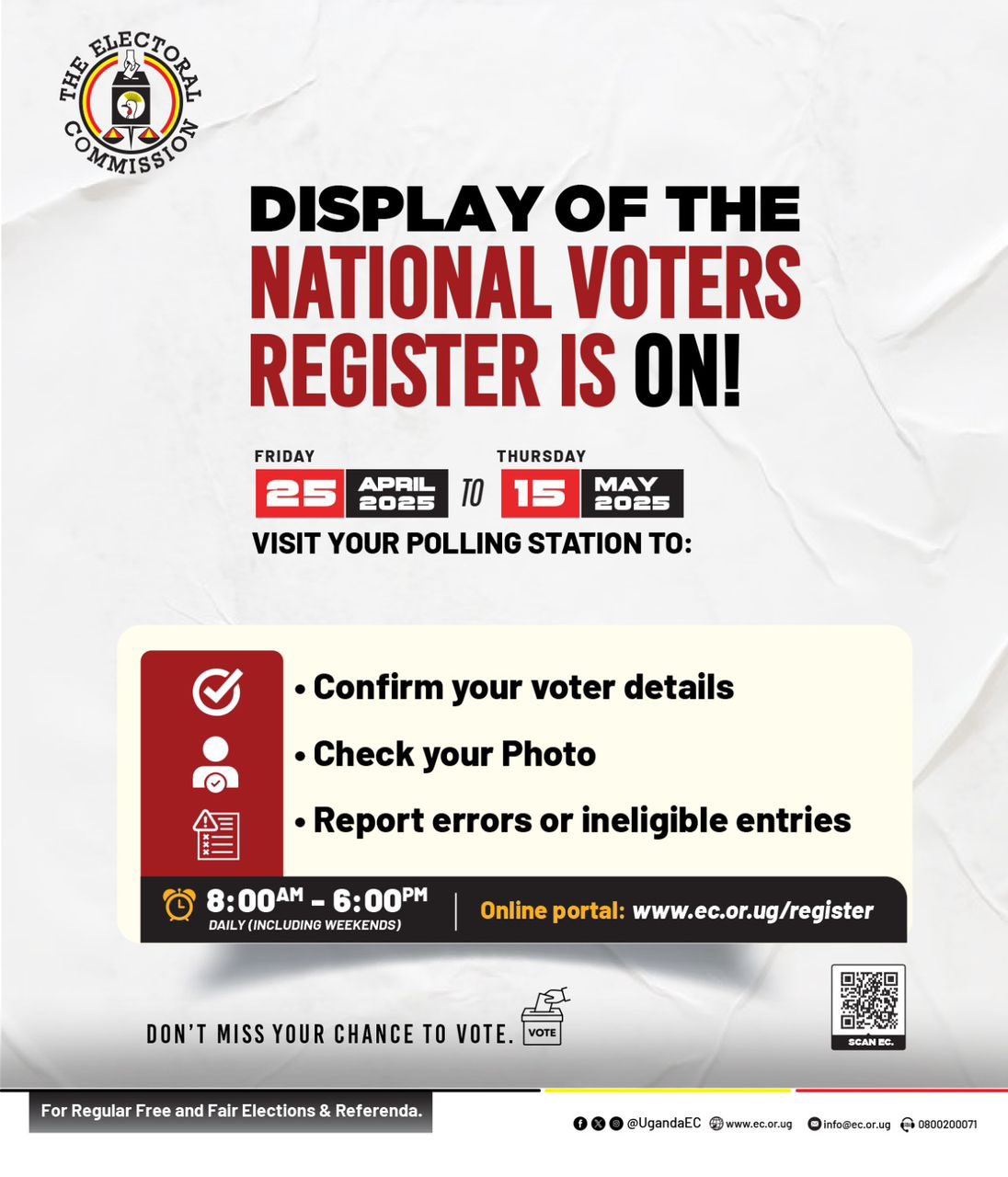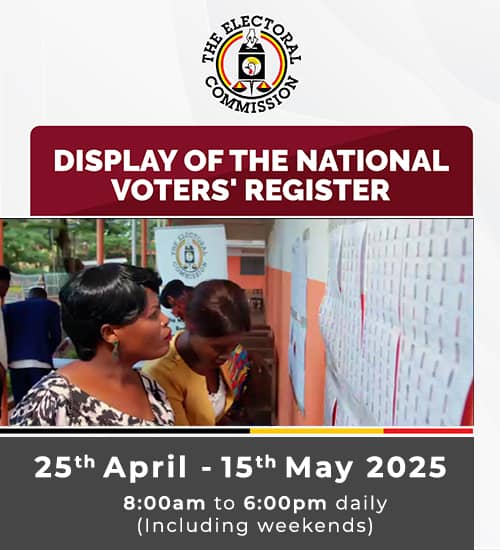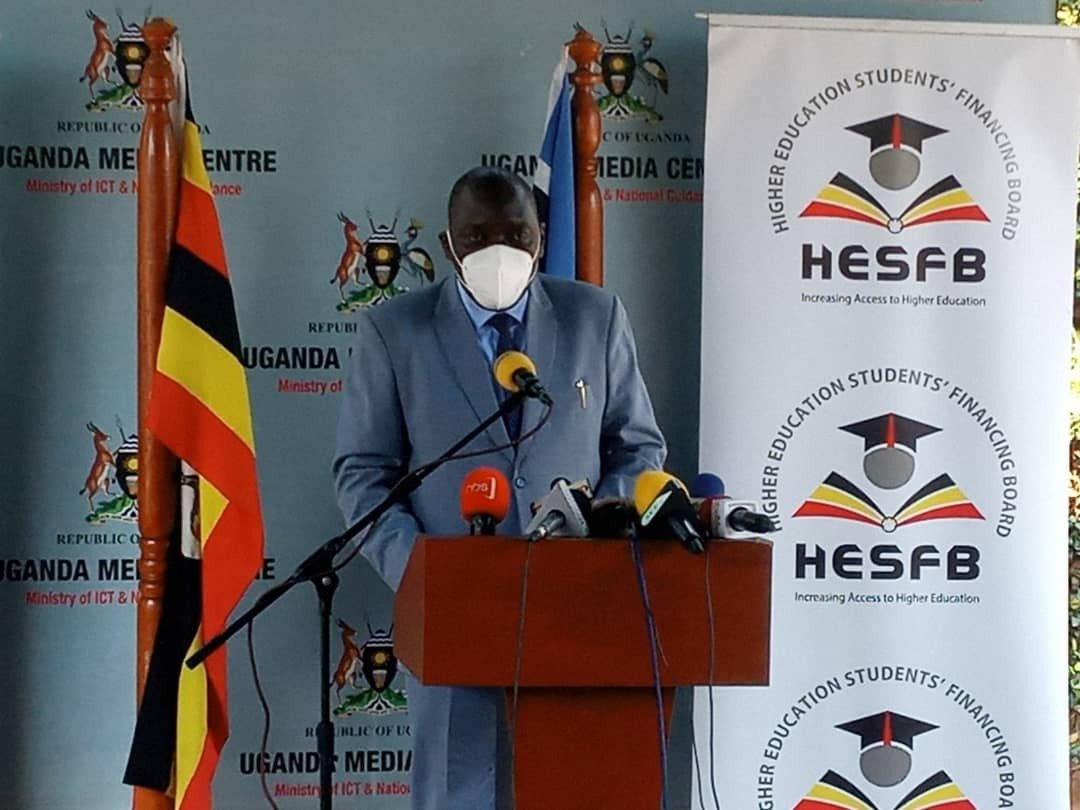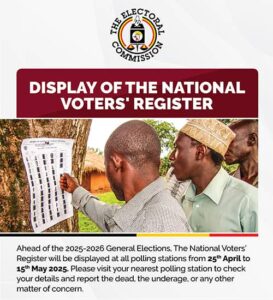Government and Policy makers have been urged to prioritize the participation of young people in decision making especially on matters related to land governance in Uganda.
The call was made on Tuesday during the University Dialogue on Youths & Land Governance in Uganda, which was held at Kyambogo University. Coordinated by Uganda Community Based Association for Women and Children Welfare (UCOBAC) in collaboration with Youth Advocacy & Development Network (YADNET) Uganda under the ‘Stand for Her Land’ Campaign, the engagement involved civil society actors, university students, religious leaders, youth representatives, police and government officials.
During the interactions, the participants highlighted numerous challenges the youth face in relation to land ownership including limited access to land, inadequate participation in decision-making, and lack of awareness about their rights and responsibilities in land governance. The participants underscored the need to prioritize inclusion of marginalized groups in communities during the drafting of policies and laws relating to land governance which will also promote inclusive development. They noted that while most governments in Africa have laws and customs governing the access of land, the legal statutes do not consider or protect the land rights of the youth thus restricting the ability of young people to be productive participants in the agricultural system.
“Uganda being predominantly a young population with over 75% being the youths, such barriers hinder the potential contributions of young people to sustainable land management and development since land plays a crucial role in the country’s economy and the social fabric” said Nagasha Prudence, the Program Officer from Youth & Advocacy Development Network(YADNET).

“In a largely agrarian country like Uganda, access to, use and control over land becomes critical for young people in their attempt at earning a living in agriculture especially in the rural areas.” Nagasha said.
Besides being a prerequisite for engagement in agriculture, the participants reasoned that land is also an inherent source of food security and income generation. With their energy, zeal and innovation, youths can be highly productive and effective in national development and socio-economic transformation if they are given access to productive resources such as land, finance, digital and other technology related resources, both in rural and urban areas.
“Whereas several other sectors have
significantly progressed in advancing youth-inclusive decision making and policy development, there exists a huge room for improvement in the land sector in as far as advancing the interests of youth is concerned. Available statistics indicate that the land rights of the youth in Uganda are often overlooked and their role in decision making processes hardly recognized.” said Odong Steven Michael, a youth leader.
With increased awareness and understanding of land governance among youth in Uganda, Nagasha said the organizers of the dialogue expect enhanced youth participation in decision-making processes related to land governance which will in turn result into improved access to and control over land resources for marginalized groups, particularly the youth and women.
Asked why the organizers are targeting university students, the Advocacy and Communication Associate for ‘Stand for Her Land’ Campaign, Rita Kemigisa, said they believe that young people are the future stewards of land and it is imperative to have them empowered with relevant information for them to understand their land rights as well as the policies relating to land governance.
“Land in Uganda has become a contentious resource and at center of conflicts. That is why it is important for citizens especially marginalized groups to know rights on land ownership” Dr Kakuba Sultan Juma, an administrator at Kyambogo University said in appreciation of the engagements that lasted for the whole afternoon and attended by students from the department of Political Science but also from the department of Public Administration.

“The engagement was fruitful and we thank the organizers of this campaign including UCOBAC and YADNET for equipping is with knowledge about our land rights” Samuel Kyalita, a student who participated in the dialogue said after the event.
